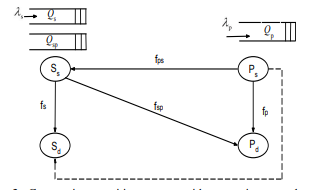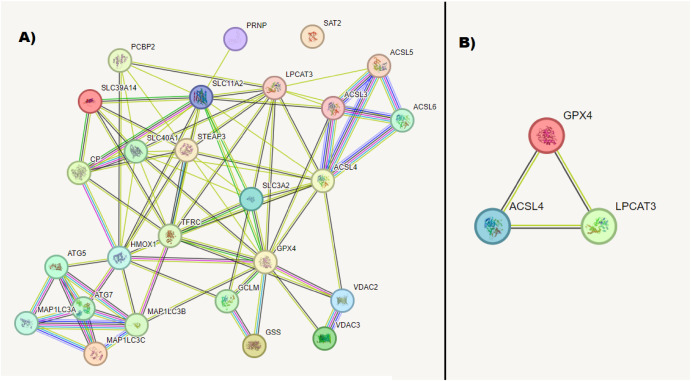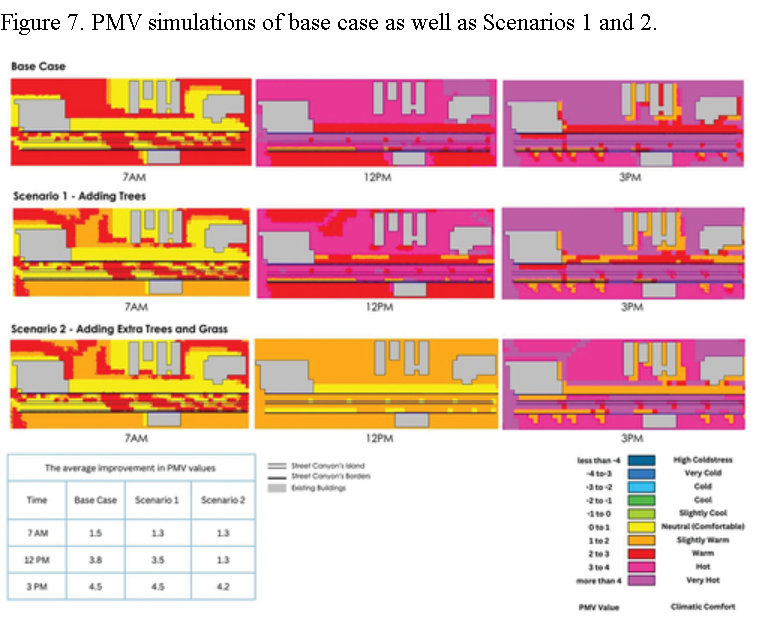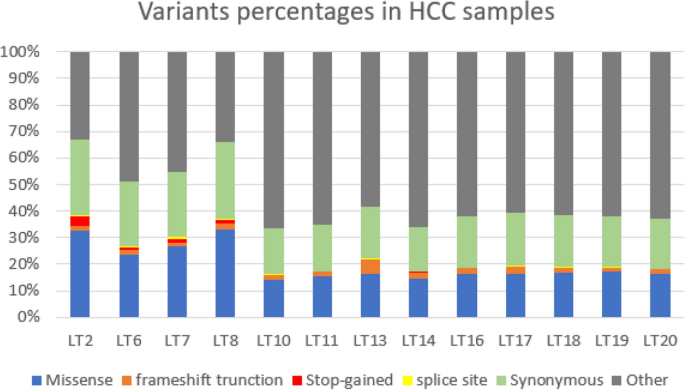

Stability analysis of a cognitive radio system with a dedicated relay
In this paper, we characterize the stability region of cognitive radio networks with a dedicated relay node. In particular, we study this system under two different MAC protocols: perfect sensing and random access. In the perfect sensing protocol, the relay node and the secondary user access the medium only when the primary user is idle. In the random access protocol, both the relay and the secondary user randomly access the medium without sensing the state of the primary user. Towards this objective, we describe the system using a queuing theoretic model and formulate a constrained optimization problem to maximize the mean service rate of the secondary user while satisfying the stability conditions for all queues in the system. We compare the stability region of the dedicated relay system to the system with no relaying and the system in which the secondary user acts as a relay. Our numerical results reveal that the dedicated relay system outperforms the no relaying baseline system under the random access protocol. However, this is not the case in the perfect sensing protocol as the performance of the dedicated relay system compared to the no relaying system depends on the primary user's packet arrival rate. Moreover, results show that the secondary user relaying system outperforms the dedicated relay system due to the collisions introduced by the dedicated relay on the cognitive system. However, the secondary relaying system has its own challenges in terms of the standards allowing cooperation with the primary user in addition to the security and privacy issues involved. © 2017 IEEE.



